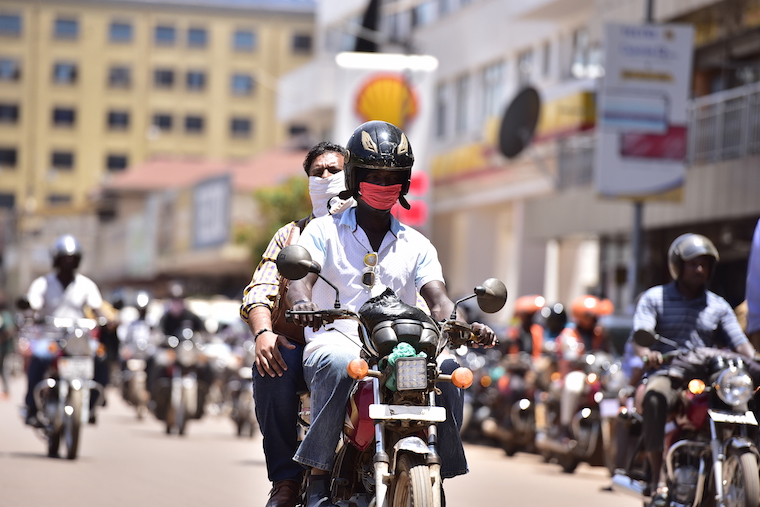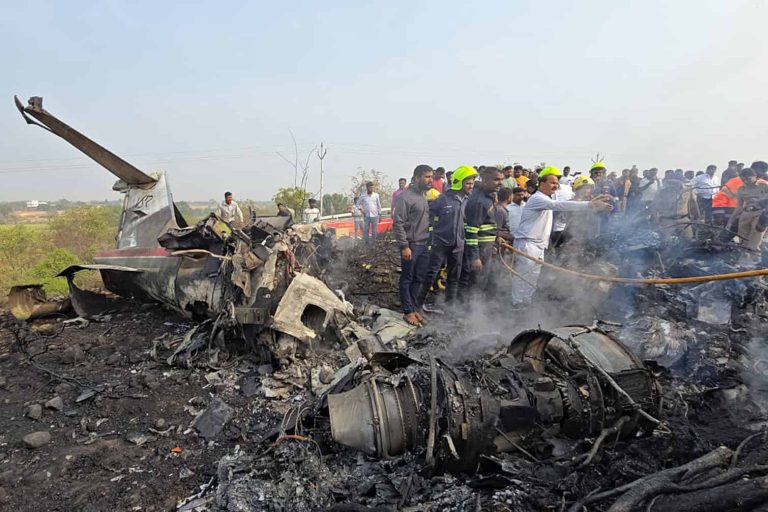
On most mornings in the city, before the sun has burned the mist off Kampala’s hills or the jam has begun to choke roads, you can already hear them, hundreds of boda bodas revving awake, a restless swarm preparing to carry Kampala through another day.
They move, ferrying office workers, students, groceries, grief, joy, and everything in between. In a city built on hills but threaded with narrow roads, they are both a lifeline and, increasingly, a threat. Bodas have become the pulse of Kampala’s transport economy.
They are, fast and available on every corner. But behind that convenience is a harder story about unemployment, desperation, survival, and a city struggling to manage the consequences of a transport revolution it never fully planned for.
Uganda’s National Census 2024 captures the pressure behind this boom: unemployment stands at 12.3 percent for those aged 15 and above; among young people aged 15 to 24, a staggering 42.6 percent are not in school, not working, and not training. In that vacuum, the boda boda becomes more than a motorcycle. It becomes Plan A, B and C.
“Kampala today has more than two million bodas,” says a senior official at the Kampala Capital City Authority (KCCA).
“Every month, about 25,000 new motorcycles enter the market. But our ability to regulate them is nowhere near that pace.”
And the numbers tell their own story. A joint boda boda census by KCCA and the ministry of Works found that 94 percent of riders have no driving license, 98 percent lack Public Service Vehicle permits, 73 percent have no logbooks, and dozens don’t even have national IDs.
Basic safety checks, helmets, reflectors and functioning indicators are often absent altogether. The consequences are visible on the city’s roads. In 2024, Uganda recorded 25,107 road crashes. Motorcycles were involved in 1,720 of them, killing far more riders and passengers than the year before.
“Fatalities among motorcyclists rose by 13.2 percent,” the police report notes. And more boda passengers died too—676, up from 614.
“SOMETIMES PASSENGERS ARE PART OF THE PROBLEM”
Wandegeya, a known chaos point where bodas buzz like flies around stalled cars, riders cut across three lanes in defiance of a red light. “This is what we deal with daily,” Michael Kananura, spokesperson for the directorate of Traffic and Road Safety, said.
“Riders go against traffic, ride on pavements, ignore lights. But passengers also contribute. They rush them, pressure them, even demand shortcuts through one-way streets.”
“Before waiting for police to act, passengers themselves must enforce standards. Refuse a rider who has no helmet or is drunk or has a bike in bad condition. If the public insists on safety, riders will follow,” he said.
The force is now running its “Arrive Alive” campaign, arresting and fining errant riders while trying to shift public attitudes around safety. But enforcement alone is hard in a city where boda-bodas outnumber cars nearly five to one.
At Kabugo stage in Makerere Kikoni, 29-year-old Ahumuza leaned against his red motorcycle, the engine still warm. A few years ago, he was running a small electronics shop. Then thieves cleaned out his stock.
“I had no job and no qualifications,” he said. “With the boda boda, I am looking after my family, paying school fees for my children, and soon I will start building my house in Kisoro.”
He knows he should have a license, but says the fees are simply out of reach. “Where do I get Shs 500,000? I struggle to make Shs 30,000 on a good day.”
A few metres away, Ahimbisibwe, who holds a bachelor’s degree in accounting, told a similarly uneasy story. He took up riding because his office job paid too little.
“I got the bike on loan. When I finish paying it off, then I’ll apply for the license. Right now, survival comes first.” These stories are the quiet engine of the boda economy. For many, the motorcycle is not a choice. It’s the last open door.
CRIME, CHAOS AND A GOVERNMENT UNDER PRESSURE
Bodas have also become the vehicle of choice for quick getaways in robberies, shootouts, and political assassinations. Since 2010, more than 10 high-profile figures, including Muslim clerics, have been gunned down by attackers riding motorcycles.
In 2018, President Museveni responded with a sweeping 10-point security plan. But implementation remains patchy, and the city’s motorcycle population has grown faster than any policy designed to control it.
Mike Mukula, former NRM vice chairman for Eastern Uganda, describes the boda industry as “a ticking time bomb.”
“In Kampala’s central business district, bodas now outnumber cars nearly 5:1. They move millions of passengers and employ over a million youth, but they are almost entirely informal,” he said.
“To reduce accidents, crime, and congestion, the sector must be organized, registered, trained, and digitised. Growth without regulation is dangerous.”
THE STATE STEPS IN: BILLIONS FOR BODA SACCOS
Facing political pressure and an election year, the government has moved to ease the riders’ financial strain. In September 2025, President Museveni injected Shs 10.2 billion into boda boda Saccos across Kampala, Mukono, and Wakiso, instructing Saccos leaders to help riders acquire motorcycles at fair rates, Shs 5 million, with interest capped at 6 percent.
“Use this money as a new start,” Museveni said, warning SACCOs against mismanagement that plagued past initiatives. The minister for the Presidency, Milly Babalanda, echoed that promise, pledging additional interventions including lower license fees (cut from Shs 500,000 to Shs 100,000), improved road infrastructure, and more funding programs.
Her message to riders was political and direct: support the NRM, and the government will keep supporting you. For now, Kampala remains a city suspended between two truths. Bodas are indispensable.
And bodas are dangerous. They carry the city’s workforce, its burdens, its ambitions. They fill the gaps left by unemployment and inadequate public transport. But they also claim lives, overwhelm traffic systems, and frustrate every attempt at regulation.
What Kampala chooses next, strict regulation, smarter incentives, or continued improvisation, will shape the future of one of Africa’s most chaotic, essential urban economies.
Standing at his stage, helmet dangling from the handlebar, Ahumuza looked out at the stream of traffic and shrugged.
“It’s risky,” he admitted. “But what choice do we have? This is how we live.” In Kampala, that’s the story of the boda boda: survival on two wheels, hurtling through a city that depends on them—yet never quite knows what to do with them.



